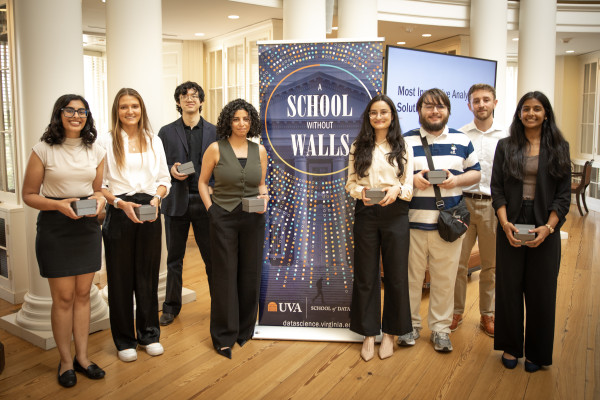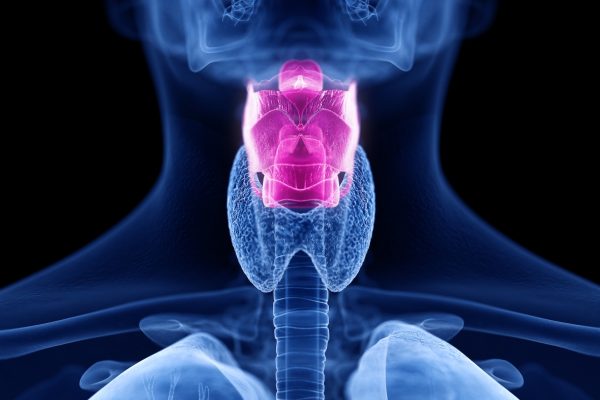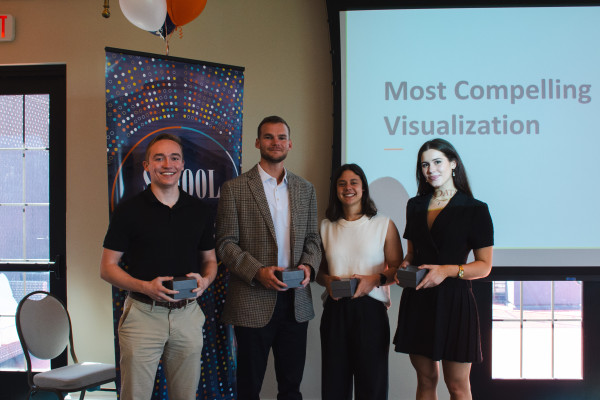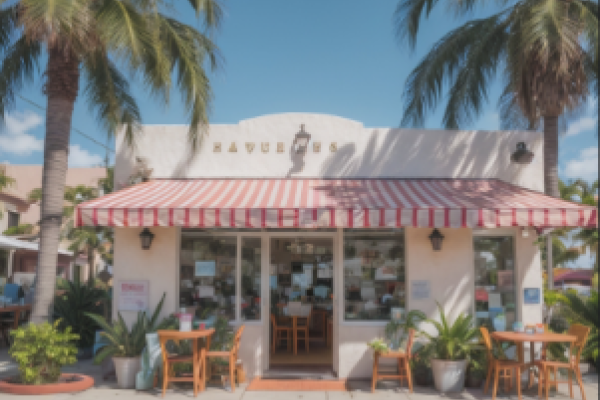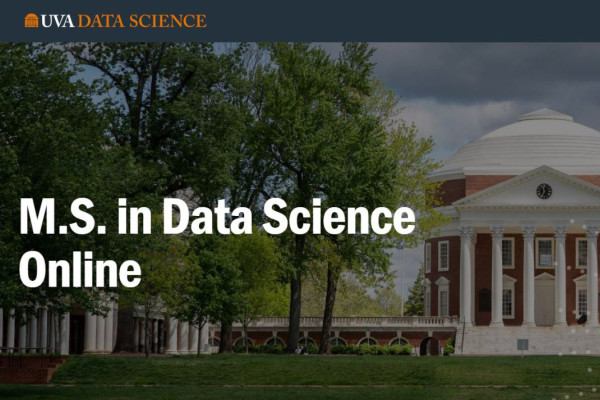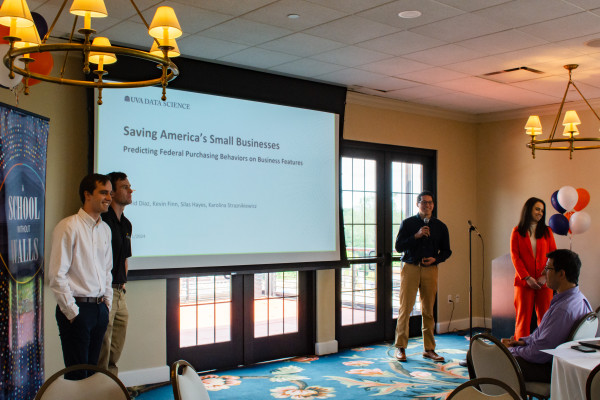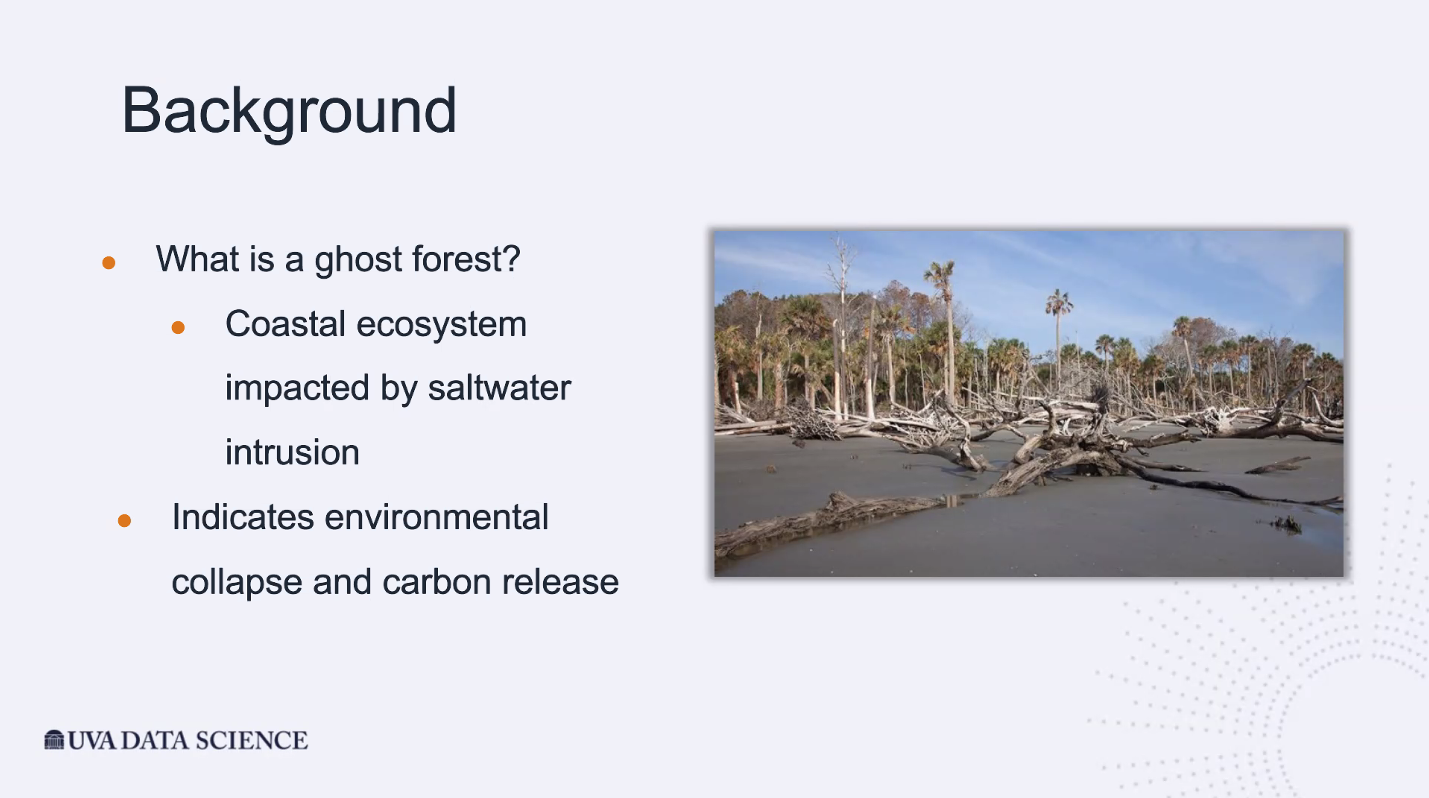
At the Finish Line, Online MSDS Students Unveil Capstone Project Research
As the University of Virginia School of Data Science marked the achievements of its newest online M.S. in Data Science soon-to-be graduates, the annual capstone project showcase highlighted the innovative and applied nature of their work. These projects represent a year of intensive, hands-on collaboration, during which student teams engage with industry leaders, public institutions, and academic partners to address pressing, real-world challenges through data-driven solutions grounded in their academic training.
“You’re right at the finish line,” said Jonathan Kropko, Quantitative Foundation Associate Professor of Data Science and director of the MSDS Online program. “Enjoy this, and the personal accomplishment of all of this, and the final fruition of all that sacrifice that all of you have made. Thank you, and I’m really looking forward to what you're going to show us tonight.”
As is the case with the online program’s classes, the capstone Zoom meeting was held in the evening to accommodate students’ schedules. The lineup included presentations ranging from health care and census data to content tagging, environmental research, and even in-flight sailplane glider engine starts. Each team faced its own challenges to overcome, whether it was too little data or a deluge of data with which to clean and wrestle into submission.

One project worked to identify ghost forests across the U.S. using data modeling of satellite imagery. Ghost forests are described as coastal ecosystems heavily impacted by saltwater intrusion, leading to environmental collapse and carbon release from dead trees. The team’s aim was to support the Environmental Science department at UVA in detecting these forests, and thereby helping communities build policies to mitigate and conserve their coastlines.
There were two projects sponsored by the U.S. Census Bureau — one that examined census metadata and another that focused on enhancing a grant-writing tool. The UVA Health Gamma Knife Center also sponsored two projects, both assessing MRI data. One team analyzed image data with the hope of preventing treatment errors in radiosurgery for trigeminal neuralgia, where bilateral pain can increase the risk of wrong-side treatment. Another team sought to use machine learning to help in the assessment of image quality for treatment planning, a process that is currently subjective and can lead to delays and increased costs due to additional scans.
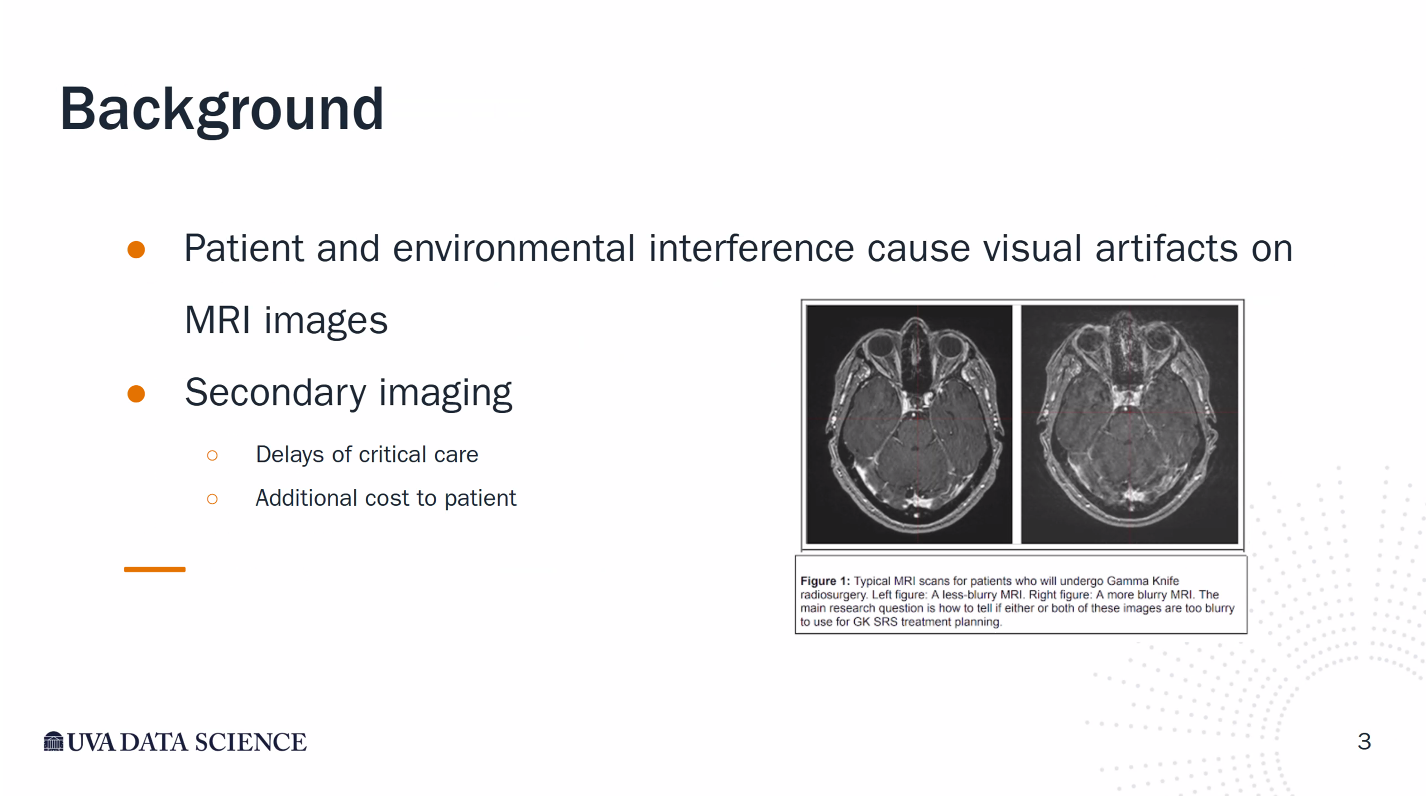
Other capstone topics included the detection and reduction of operating room sterile waste; identifying opportunities to improve child health and development in Bangladesh; and creating an intelligent dashboard to support informed purchasing decisions for UVA’s Procurement Services division.
Each of the 12 presentations garnered compliments from the variety of attendees that had joined, including a fellow student that said: “As someone about to start this capstone project soon, it was great to see all the work you guys completed as inspiration. Amazing job!”
The project sponsors in attendance were equally attentive and effusive in their praise of the work that had been accomplished. One industry sponsor spoke about how happy they were with the project and team, while their colleague added that they were ready to send the finished product straight into production.
"It is truly remarkable how our online MSDS students — many of whom are busy, working professionals — were able to refine and deliver high-quality, thoughtful results for our sponsors,” said Adam Tashman, associate professor of data science and director of the master’s capstone program. “I look forward to what these students will do next for our field."
